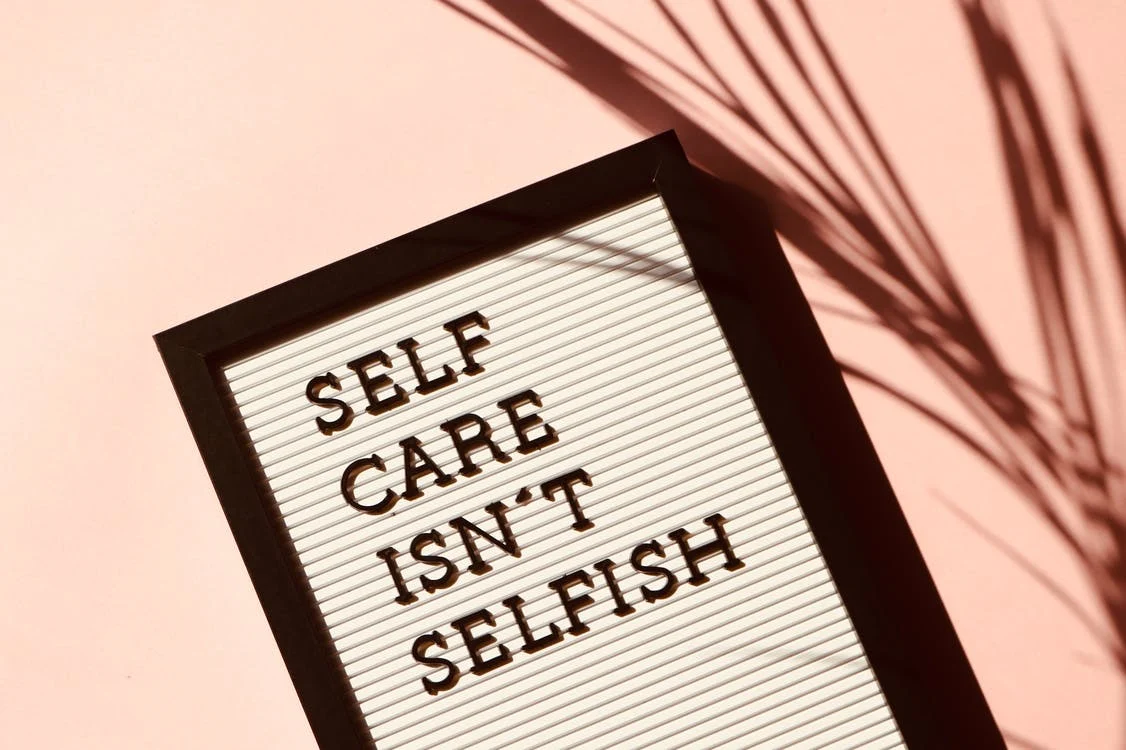Not only do deaf people experience mental health risks more frequently than their hearing counterparts, access to services that can support their mental health and wellness are also often limited. Services and resources such as role models, counseling, and even family support all make major impacts on mental health. Alongside these invaluable resources, these five simple self-care tips can make a difference in mental health and wellness.
Breathe.
In stressful times, diaphragmatic breathing—deep breathing that contracts the diaphragm and expands the belly—can help lower cortisol levels. A few seconds of this breathwork done anytime, anywhere, can have an impact on your nervous system. Inhale deeply into your abdomen and feel it expand for at least 5 seconds. Then, exhale and contract the abdomen for an equal length of time or longer.
Stay mindful.
If you find yourself worrying or becoming overwhelmed with strong feelings such as anxiety, fear, or depression, redirect your brain. Many helpful mindfulness techniques can help you refocus on the here and now, rather than the past or future worries. One technique to try: Identify one thing you can picture in your mind, one thing you can hear or sense in vibrations, one thing you can smell, one thing you can feel, and one thing you can taste. By refocusing your energy and your thoughts, you may be able to find a moment of calm.
Connect.
Loneliness can have serious impacts on mental health. Invest time in connecting with others via Zoom or FaceTime, in person with proper social distancing measures, or on the phone. Vary conversation topics to avoid stressful triggers. Though connecting with others has benefits, time to connect with yourself is equally important. Taking a morning walk, meditating for a few minutes, and engaging in a favorite hobby are all ways to connect within and decrease loneliness and stress.
Visualize.
Envisioning yourself responding to potential stressful situations can be an empowering experience. Take a few minutes to visualize yourself responding—rather than reacting—to possible scenarios. As you visualize, focus on your breath, maintain calm, and feel strong and empowered. During this visualization, give yourself permission to react strongly, so if or when the situation occurs, you can focus on responding in the moment.
Remind yourself.
If you are struggling in a stressful moment, think back to a time when you felt at peace. Reliving moments where you felt calm and remembering what you were doing is an effective strategy for shifting your thoughts and feelings. These moments of peace may give you the mental distance you need to feel calm.
Caring for mental health takes practice. Take measures to remind yourself of these tips for self-care and mental health maintenance by placing sticky notes in visible areas, doing accountability checks with those close to you, or seeking the support of a licensed professional such as a counselor.
If you stumble, try again. Just like physical exercise, these tips are exercises that support mental health. With time and persistence, they may become habits to rely on in moments of need.
Coping skills may change over time. However, the foundation of these tips involve being present, being mindful, and redirecting energy. Find what works for you and be willing to adapt as things change.
Additional mental health resources and support:
- Crisis Text Line: crisistextline.org/text-us
- National Suicide Prevention Lifeline: suicidepreventionlifeline (click here)
- Substance Abuse and Mental Health Services Administration: samhsa.gov/find-help/national-helpline (click here)
For support with ensuring equitable access and accommodations for deaf students and employees, contact our Help Desk: nationaldeafcenter.org/help.






